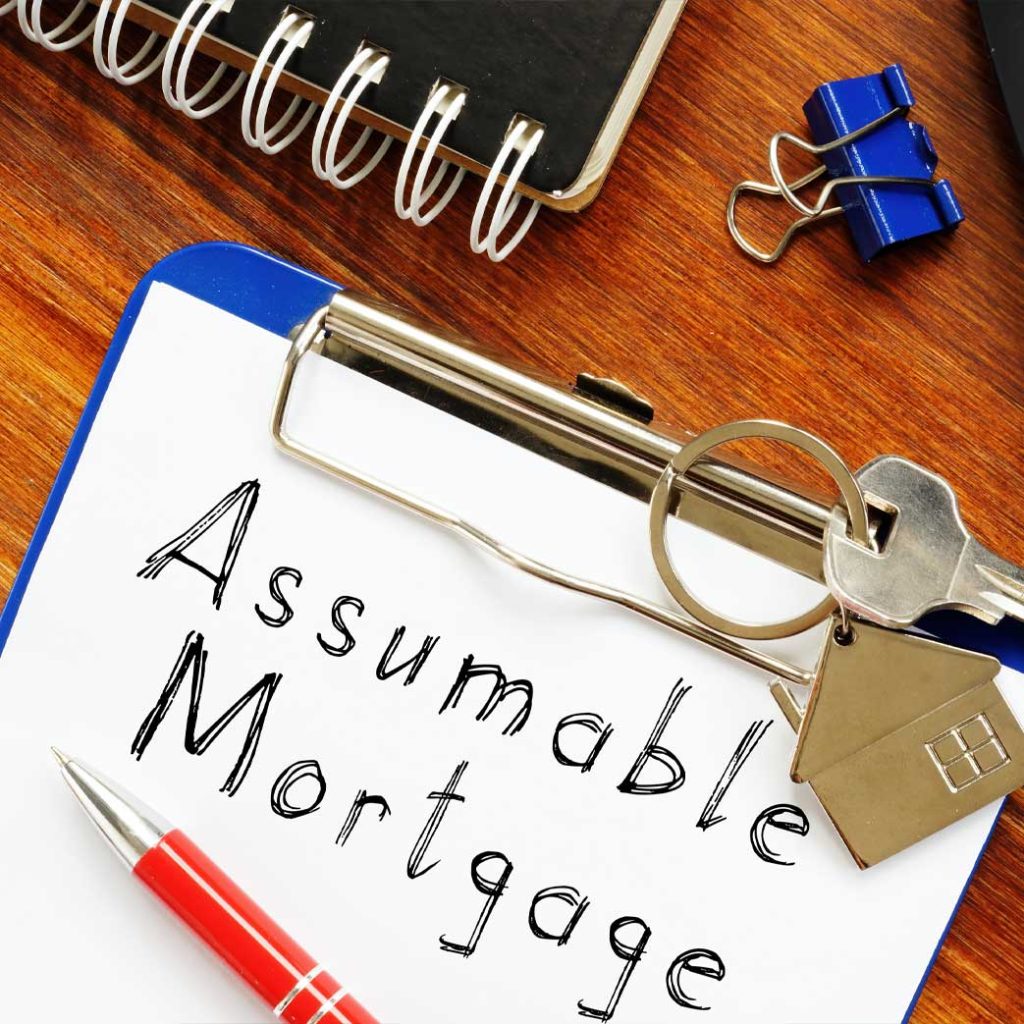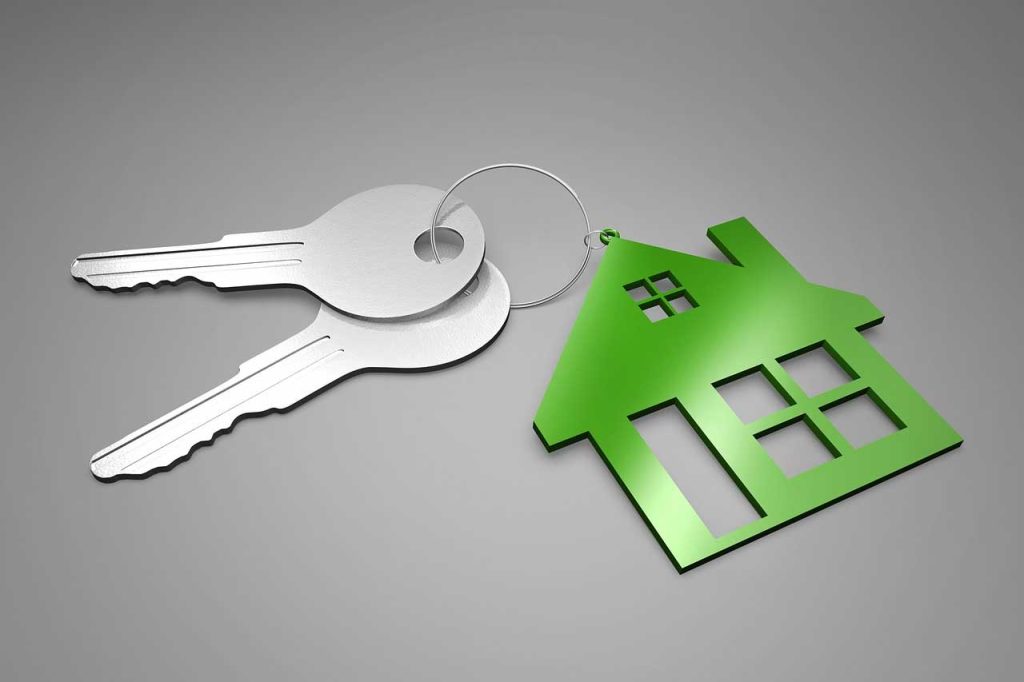Assumable mortgages are a unique financing alternative that could potentially save you thousands of dollars and simplify the home-buying process. But what exactly are they and how do they work? Let’s delve into the intricacies of assumable mortgages and see whether this could be a suitable option for your needs.
Overview of Assumable Mortgages
An assumable mortgage is a type of loan that permits the borrower to transfer the existing home loan and its terms to a new homeowner. This means the new homeowner assumes the mortgage under the same conditions as the original borrower. Assumable mortgages can be a fantastic option for buyers, particularly if the current mortgage terms are more favourable than the prevailing market conditions.
Types of Assumable Mortgages
Not all mortgages are assumable. In Canada, most fixed-rate mortgages can be assumed while variable-rate mortgages and home equity lines of credit (HELOCs) typically cannot. It’s essential to confirm with the lender whether a mortgage is assumable before proceeding with the home purchase process.
The Pros of Assumable Mortgages
Assumable mortgages come with their own set of advantages. Here are a few key benefits:
• Interest Rate Savings:
If current interest rates are higher than the existing mortgage’s rate, assuming the loan could be financially beneficial.
• Reduced Closing Costs:
Buyers can often sidestep certain closing costs associated with obtaining a new mortgage.
• Faster Closing Process:
The loan approval process may be quicker since you’re assuming an existing loan rather than applying for a new one.
• Potential for Higher Home Price:
Sellers may attract more buyers and potentially demand a higher home price if they offer an assumable mortgage with low-interest rates.
The Cons of Assumable Mortgages
Despite the potential benefits, there are also downsides to consider:
• Qualification Required:
Even though you’re taking over an existing loan, you must meet the lender’s qualifications to assume the mortgage.
• Potential for Additional Costs:
If the home’s value has risen significantly since the mortgage was first taken out, the buyer might need to make a large down payment or secure additional financing.
• Seller’s Liability:
In certain situations, sellers could still be liable for the mortgage if the new homeowner defaults on the loan.
How to Assume a Mortgage
The process of assuming a mortgage involves several key steps:
1. Identify a Suitable Property:
The first step is to find a home with an assumable mortgage. This requires confirmation with the lender and the homeowner.
2. Qualify with the Lender:
Assuming a mortgage still requires lender approval. You’ll need to meet certain qualifications, such as a good credit score and a solid debt-to-income ratio.
3. Make an Offer:
Once you’ve found a home and met the qualifications, you can make an offer that includes your intent to assume the mortgage.
4. Review the Loan Terms:
Take the time to understand the loan terms thoroughly. If you’re comfortable with them, proceed to the next step.
5. Complete the Process:
Your real estate lawyer will guide you through the rest of the process, including working with the lender to transfer the mortgage to your name.
Assumable Mortgages with Citadel Mortgages
Citadel Mortgages, a renowned Canadian mortgage brokerage, offers a wide range of mortgage options to suit diverse needs, including support for assumable mortgages. We provide the guidance you need to navigate this unique mortgage option.
Ready to explore assumable mortgages further? Contact our team of mortgage experts to get the conversation started.
Frequently Asked Questions About Assumable Mortgages
Fixed-rate mortgages can typically be assumed, while variable-rate mortgages and home equity lines of credit (HELOCs) usually cannot.
The primary advantages include potential interest rate savings, lower closing costs, a faster closing process, and a larger pool of potential buyers for sellers.
Potential cons include the need for lender qualification, potential for additional costs, and possible liability for sellers if the new homeowner defaults on the loan.
The process involves finding a suitable property, qualifying with the lender, making an offer, reviewing loan terms, and completing the process with the help of a real estate lawyer
Yes, Citadel Mortgages provides a wide range of mortgage options, including support for assumable mortgages.










